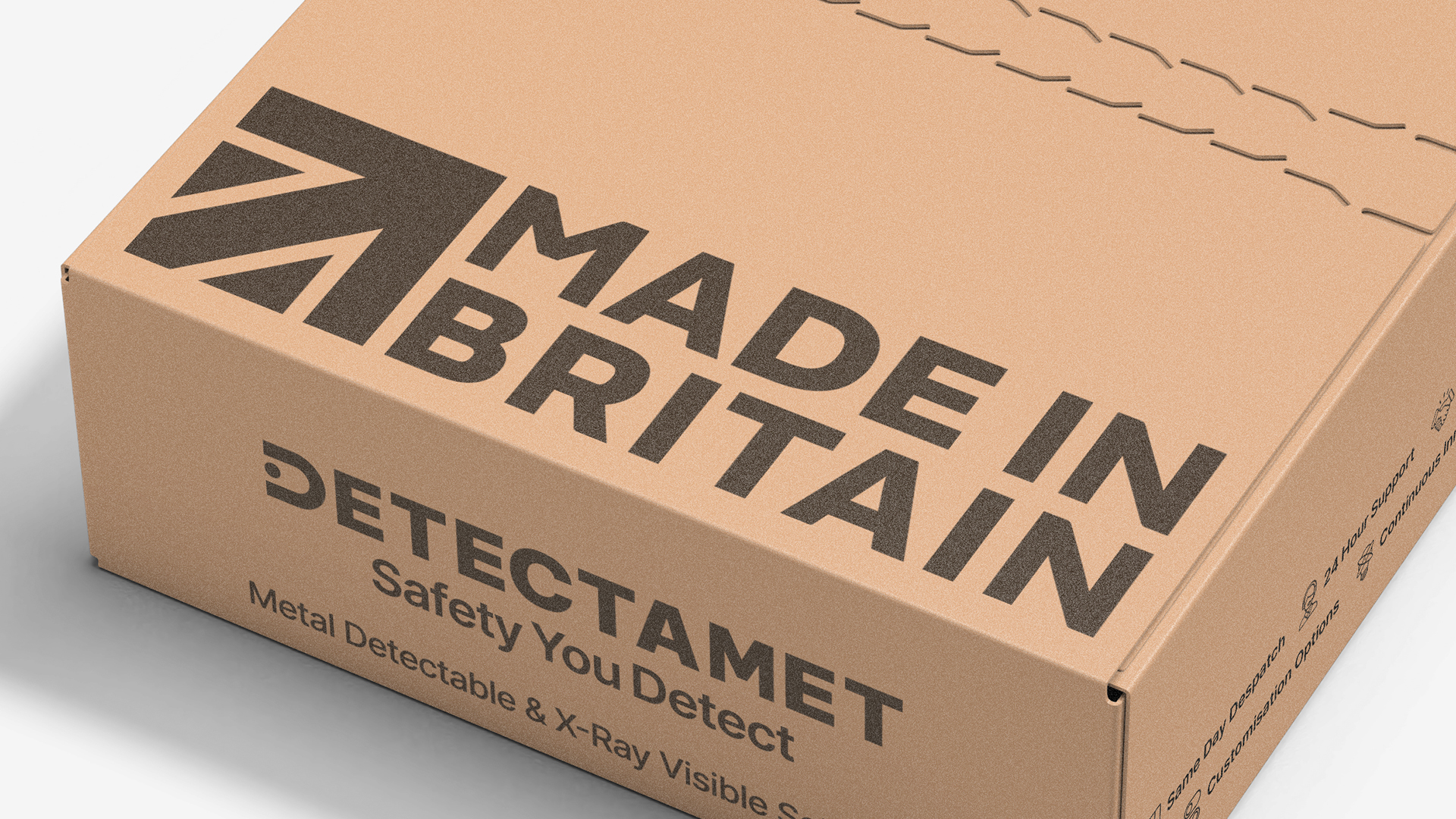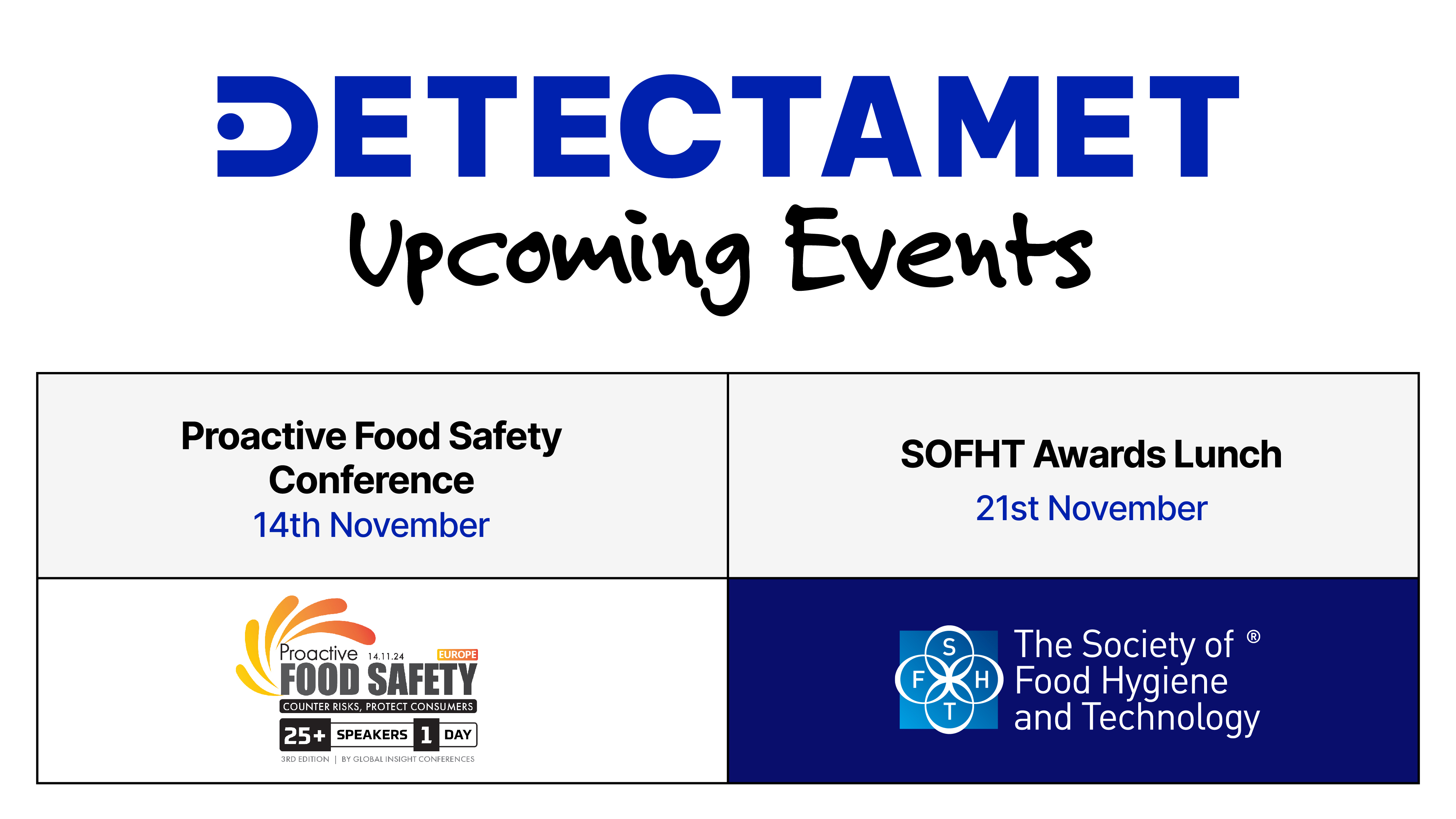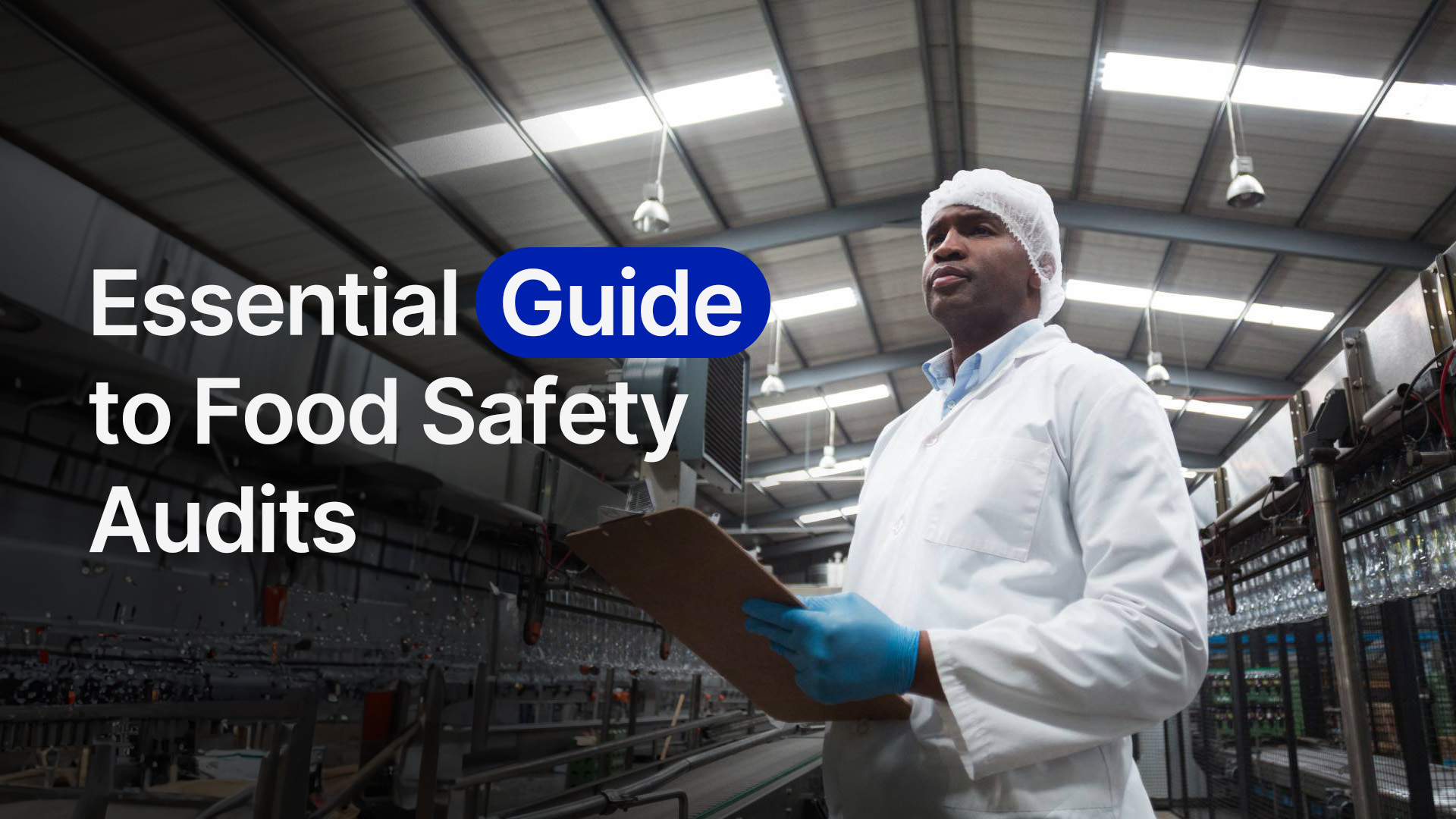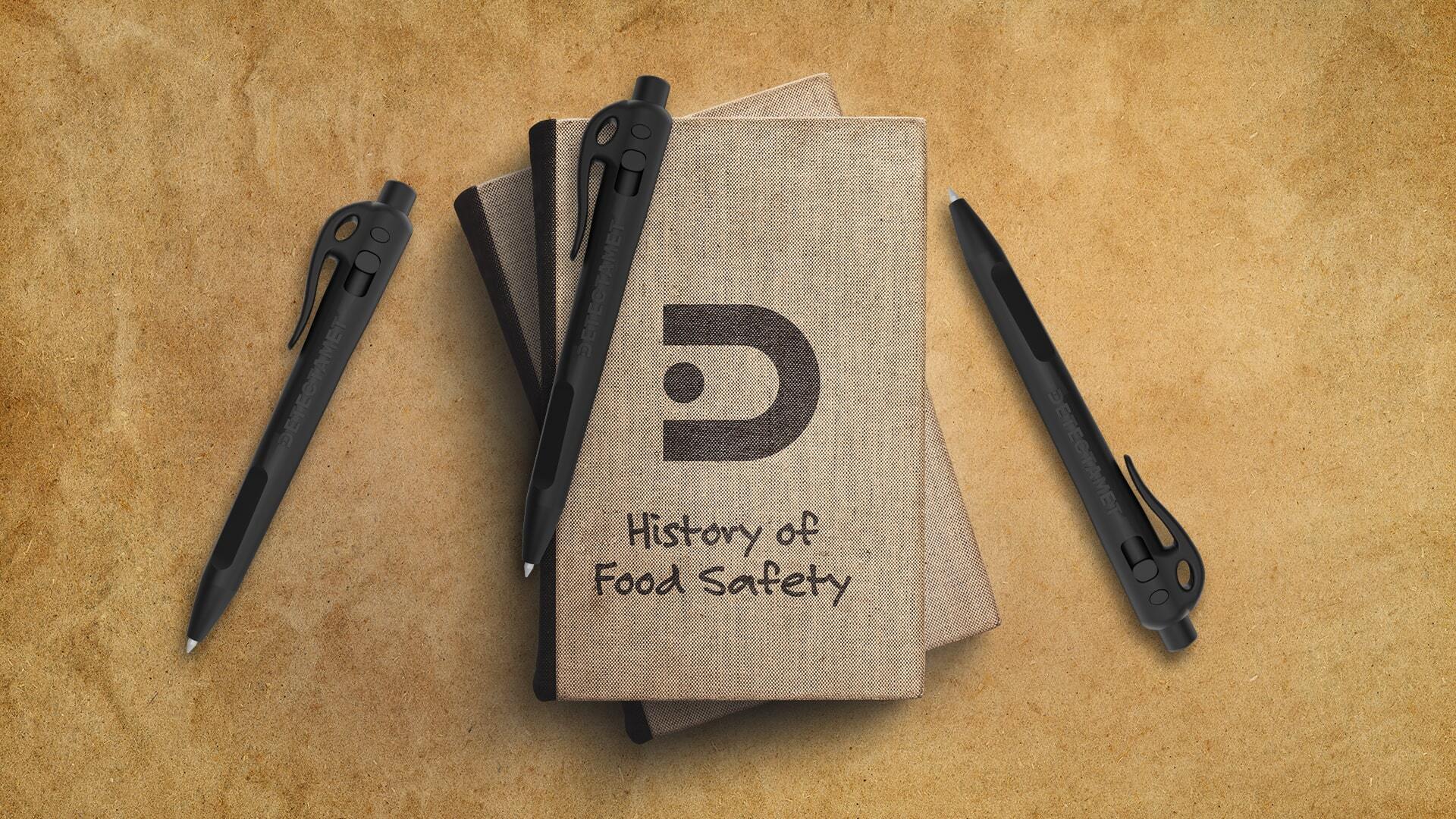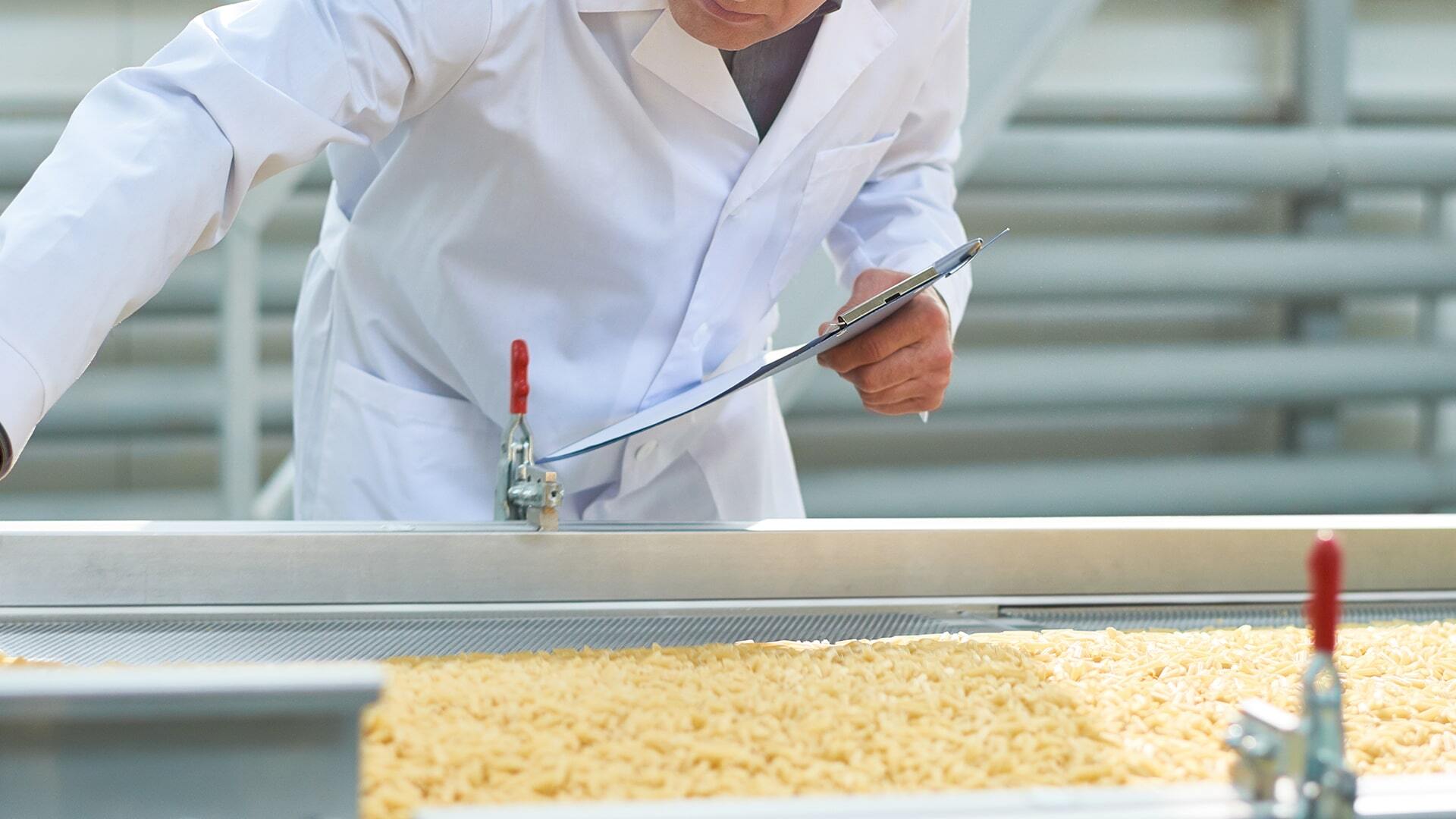Archivi Mensili: Ottobre 2024
- Pubblicato: Ottobre 24, 2024Categorie: AwarenessLeggi di piu' »
At Detectamet, we take great pride in being a global leader in the manufacture of Metal Detectable and X-Ray Visible products, and in playing a role in helping to safeguard food safety worldwide. As a company rooted in British craftsmanship, we are equally proud to be members of the Made in Britain organisation.
Made in Britain is a hallmark of trust that is recognised and valued by businesses across the globe.
For food manufacturers who depend on uncompromising safety standards, the Made in Britain mark provides assurance of reliability and excellence.What is 'Made in Britain'?
The Made in Britain organisation unites the British manufacturing community under a shared trademark, which only members of the organisation are authorised
- Pubblicato: Ottobre 22, 2024Categorie: EducationLeggi di piu' »
At Detectamet, we thrive on attending live events. These provide unrivaled opportunities for networking and collaboration with leading businesses in the food safety and processing industries. By engaging with other industry pioneers, we exchange ideas, share innovations and keep Detectamet at the cutting edge of industry trends and technological advancements.
Our presence at these events also gives you the opportunity to experience Detectamet’s world-leading Metal Detectable & X-Ray Visible Products firsthand. You’ll get to see our solutions in action and explore how they can enhance safety and compliance in your operations.
When you visit the DetectaTeam at any of these events, you can expect:
- Free Sample Packs: Get hands-on experience with the quality and reliability of our market-leading products.
- Cutting-Edge Solutions: Discover a comprehensive range of products designed to reduce foreign matter contamination
- Pubblicato: Ottobre 11, 2024Categorie: EducationLeggi di piu' »
Since food safety is one of the most critical responsibilities for any food processing facility, performing regular and rigorous food safety audits is an essential safeguard.
In an industry where foreign matter contamination can result in severe health consequences and damage to a brand’s reputation, it’s essential that every business takes this process seriously.
Especially since external auditors can arrive unannounced. Depending on your location and your business sector, an external food safety audit can be anywhere from every six months to every two years. So, you need to be ready.By conducting regular internal audits, businesses can maintain compliance with stringent food safety standards,
- Pubblicato: Ottobre 04, 2024Categorie: EducationLeggi di piu' »
The history of food safety has been one of manufacturers versus contaminants. As such, food hygiene has always been a crucial concern in food manufacturing. Since your products are going to be eaten or drunk by customers, you have to ensure the user will come to no harm.
The methods used to ensure food safety have evolved significantly over time. From the early days of basic hygiene to today’s highly-regulated and technology-based systems, the journey of food safety reflects the growing complexity of our food supply chain.
As our understanding of contamination risks has deepened, so too has our commitment to ensuring that the food reaching consumers is free from harm.
The introduction and evolution of detection technologies, such as metal detectors and X-ray systems, revolutionised food safety practices and are now essential tools in protecting both consumers - Pubblicato: Ottobre 03, 2024Categorie: EducationLeggi di piu' »
Before processed, packaged and manufactured food goods arrive on consumers' plates, they undergo stringent processing workflows and regulations to ensure safety. Like a knife and fork, safety and tasty should always go hand in hand.
However, as history has shown, breakdowns in these processes can sometimes result in food products becoming contaminated. The last thing any food manufacturer wants is for a foreign object to find its way into a product. After all, physical contaminants not only threaten consumer safety but can trigger widespread product recalls, resulting in costly business disruptions.
To help mitigate these risks, our food safety experts have identified the six most common physical contaminants found in food processing and outlined how you can safeguard your products against them.
#1 Metal contaminants
Metal contamination is a significant concern in food processing, often originating from the very equipment which is processing the food.
 Detectamet Europe (Italiano - € EUR ) Clicca qui per cambiare valuta, regione e lingua
Detectamet Europe (Italiano - € EUR ) Clicca qui per cambiare valuta, regione e lingua





